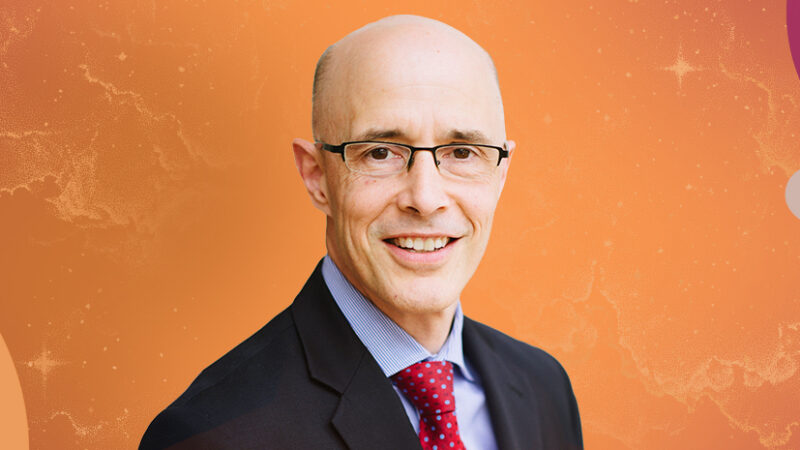In part one of this two-part conversation in our Being Open podcast series, Tami Simon speaks with Guy Shahar, the author of Transforming Autism, for his unique perspective on how we can best connect with and support our family and community members in the neurodivergent population. Most of us have a general sense of how difficult it can be to raise an autistic child. In Guy Shahar’s case, this already challenging path took a new turn when he discovered, at age 46, that he is also on the spectrum.
Give a listen as Tami and Guy discuss: educating the parents and caregivers of autistic children, three keys to connecting with autistic children, flexibility and play, the intuitive capacity of autistic children to tune in to our energy and intentions, altruistic and idealistic values, the shift from anxiety to faith, how people on the spectrum can serve as spiritual and evolutionary guides for humanity, self-worth and self-acceptance, depathologizing neurodiversity, how autistic and non-autistic people can learn from each other, helping someone recover from overwhelm, the spiritual gifts of individuals on the spectrum, and more.
In the second part of this special episode on Being Open, Tami Simon speaks with Dr. Edwards about the overlooked gifts of autism and the unique capacity for people on the spectrum to experience—and point neurotypical people toward—the interconnection at the core of our lives. Autism is often described as a lack of connection. As a psychiatrist and the mother of an autistic daughter, Dr. Melinda Edwards holds a contrary position. “My daughter wasn’t disconnected,” reflects Dr. Edwards. “Her symptoms were often a reflection of a deep connection..
Discover: the limitations of the term “neurodiversity”; the “exquisitely sensitive, exquisitely porous” nature of autistic people; bringing your sensitivity into the world; vulnerability, openness, and the trajectory of human evolution; the paradox of boundaries for people on the spectrum; compassionate support; three ways of experiencing the world: physically, psychologically, and from a place of interconnection; pronoun problems; getting past the stereotypes we have about autistic people; the connection between trauma and truth-seeking; the spiritual path of parenting an autistic child; and more.
Note: These interviews originally aired on Sounds True One, where these special episodes of Insights at the Edge are available to watch live on video and with exclusive access to Q&As with our guests. Learn more at join.soundstrue.com.






